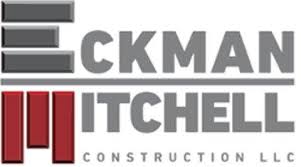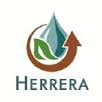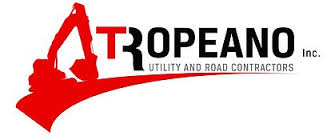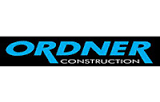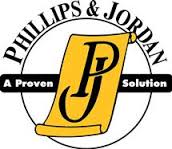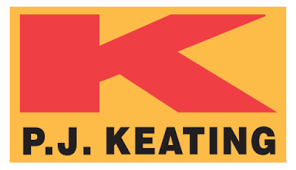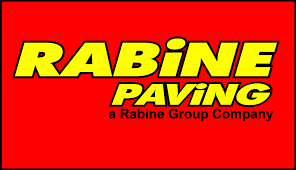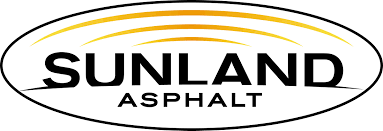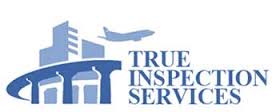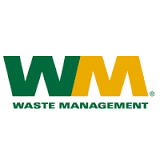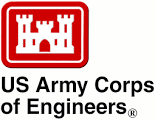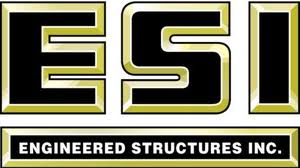Rhode Island State Overview
The state of Rhode Island and the Rhode Island Department of Environmental Management's “RIPDES” Program (Rhode Island Pollutant Discharge Elimination System) was initiated in 1990 when the EPA granted the state of Rhode Island and the RIDEM delegated authority to implement their own state National Pollutant Discharge Elimination System (NPDES) Permitting Program. The goal of the RIPDES regulations was “to restore, preserve, and enhance the quality of the surface waters and to protect the waters from discharges of pollutants so that the waters shall be available for all beneficial uses and thus protect the public health, welfare and the environment.”
The Rhode Island Pollutant Discharge Elimination System (RIPDES) Permitting Program is built around three General Permits which grant applicants’ project sites that fulfill mandated criteria coverage to discharge waste water and/or stormwater into surface waters of the state of Rhode Island:
-
Multi-Sector General Permit for Storm Water Discharge Associated with Industrial Activities.
-
General Permit for Construction Activity.
-
General Permit for Small MS4s and Industrial Activity at eligible facilities operated by regulated Small MS4s.
All project site owners and operators are required to apply for coverage under the RIPDES Construction General Permit to discharge stormwater associated with construction activity if his/her project site will be engaging in land disturbing activity (clearing, grading, excavation, and filling) where total land disturbance is equal to or greater than one (1) acre of land, including construction activities involving soil disturbances of less than one (1) acre of disturbance if that construction activity is part of a larger common plan of development or sale that would disturb one (1) or more acres, and the discharge is composed entirely of stormwater.
As per the Rhode Island Department of Environmental Management (RIDEM), a project owner or operator must apply for permit coverage by submitting a complete Notice of Intent (NOI) to the RIDEM. However, in order for that Notice of Intent to be completed, he/she is required to develop a compliant construction Storm Water Pollution Prevention Plan (SWPPP). The SWPPP is required to be designed to address two main components of stormwater management: (1) pollution caused by soil erosion and sedimentation during and after construction; and (2) stormwater pollution caused by the use of the site after construction is completed, including, but not limited to parking lots, roadways, impervious surfaces and the maintenance of grassed areas.
The state of Rhode Island and the Rhode Island Department of Environmental Management's “RIPDES” Program (Rhode Island Pollutant Discharge Elimination System) was initiated in 1990 when the EPA granted the state of Rhode Island and the RIDEM delegated authority to implement their own state National Pollutant Discharge Elimination System (NPDES) Permitting Program. The goal of the RIPDES regulations was “to restore, preserve, and enhance the quality of the surface waters and to protect the waters from discharges of pollutants so that the waters shall be available for all beneficial uses and thus protect the public health, welfare and the environment.”

